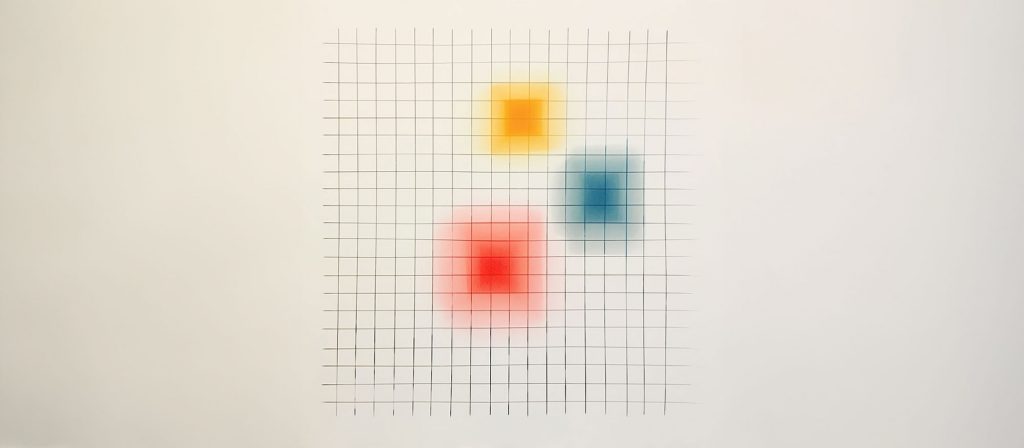
Staying an intentionally small team, we are extremely careful in choosing the new members. Our main task in this matter is to try to keep a balance and find people with different backgrounds —design, architecture, animation, deep technical knowledge and skills. This approach allows us to create a space for everyone to complement the strengths of each other.
Among other things, it's a great opportunity to learn, grow and discover new skills. Each of our team members is passionate about their work and is ready to share as well as learn new things. Thus, we manage to maintain a collaborative atmosphere between people who love what they do and are always eager to continue developing in different directions, regardless of the fact that they are already masters in their field.

Turning to a broader view of this topiс. Given the continuous changing process that applies to modern education, the question of competence becomes more complex and multifaceted. The world is moving so fast that no matter what specialization a person obtains, it can either be outdated by the time one graduates, or cease to exist altogether. Undoubtedly, education is the basis, but not all answers can be found there when we decide to bring someone into our team. What is most valuable is the desire to think and find answers to questions that have never been asked before.
We choose a person who aspires to be an artist of their own path, putting seemingly obvious things into question and developing in many different ways. It is unthinkable in modern reality to remain within the rigid confines of knowledge that you once acquired. It is necessary to break out of this understandable and routine circle of duties and explore previously unknown directions.

There is a concept that describes the realities of the new world - VUCA, which stands for Volatility, Uncertainty, Complexity, and Ambiguity
These characteristics have become relevant due to rapidly developing technologies, expanding information space, and quickly outdated professions. We can no longer pass on a craft from generation to generation as we used to and hope that it will work.
The world is becoming more and more insane every year. Here it is very appropriate to use the expression "what was 1000 years ago will be 1000 years ahead, and what was 20 years ago will never be 20 years ahead." As we believe, this is a very accurate expression that describes the ever-changing modern world.

Returning directly to the topic of of taking people on board, we rely on a person's ability to be flexible and ready to receive unexpected tasks, as well as the ability to change within the professional field. It is necessary to understand that you do not have a ready-made solution on your shelf. Each time, you question your tool box in order to find more advantageous and creative ways to solve a particular task.
The best way to describe this approach is the Buddhist term "beginner's mind."
This concept means being open to everything new, not having prejudices, even when you are at an advanced level. There is no magic button that gives universal knowledge. The path of a professional is never-ending and requires constant learning, adapting to new circumstances, and being ready to break through boundaries.
